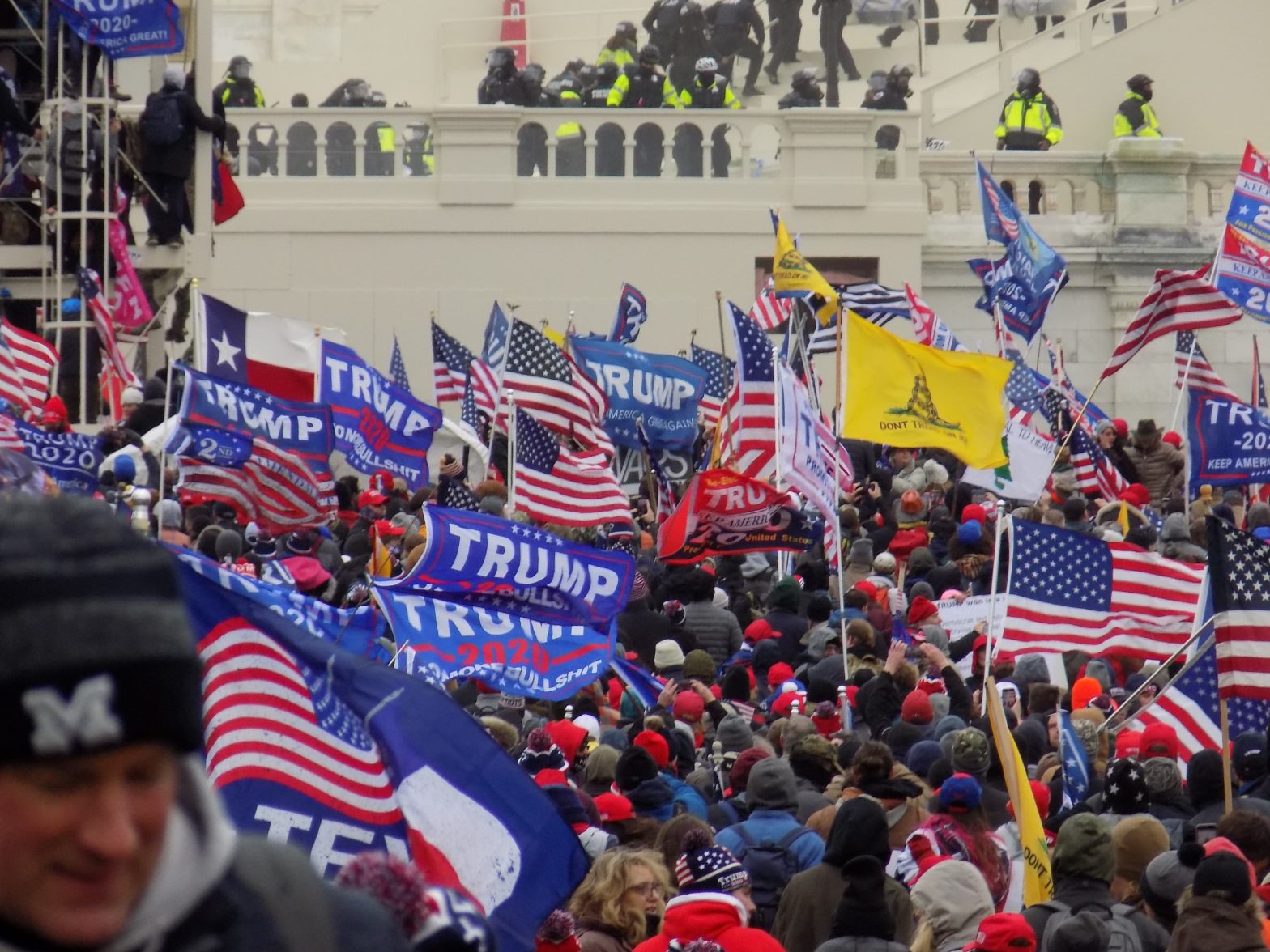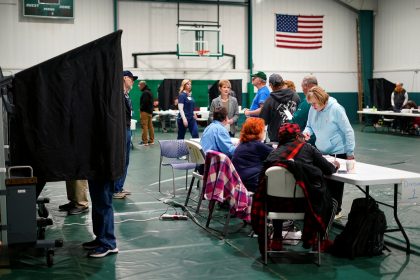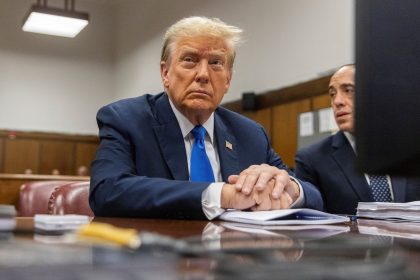Rep. Himes Says ‘The Threat is Real’

WASHINGTON — A congressional panel wants to cut off funding for the kind of White supremacists who raided the U.S. Capitol building Jan. 6.
They described the attack as the first of many against government targets unless they act promptly to stop them.
“This threat is real,” said Rep. Jim A. Himes, D-Conn., chairman of the House Financial Services subcommittee on national security, international development and monetary policy.
He said he wants to block funding to domestic terrorists but only within the limits of constitutional authority.
He mentioned the example of Timothy McVeigh, a home-grown terrorist who packed explosives made with fertilizer into a rented truck to commit the worst act of domestic terrorism in U.S. history. The 1995 bombing of a federal building in Oklahoma City killed 168 people.
“The bomb constructed by Timothy Mcveigh cost less than $5,000,” Himes said.
Similarly, money raised or laundered through non-profit organizations, cryptocurrency and crowdfunding could be used for low-budget terrorism by extremist groups like the Proud Boys and QAnon, Himes said.
“To effectively disrupt domestic terrorist groups, we need to better understand their financing,” he said.
The latest threat was revealed Friday by U.S. Capitol Police, who said some members of these groups may have been plotting to blow up the Capitol building during President Joe Biden’s State of the Union address. The date has not yet been announced but it normally is scheduled for the first week of February.
The chief of staff for the Southern Poverty Law Center told lawmakers that although the number of extremist hate groups has declined in recent years, their ability to organize has been strengthened by the internet’s social media.
The Southern Poverty Law Center is a Montgomery, Ala.-based nonprofit legal advocacy organization specializing in civil rights and public interest litigation. Lecia Brooks, its chief of staff, said the organization has tracked hate groups in an annual census since 1990.
“The proliferation of numerous Internet platforms has allowed individuals to engage with potentially violent movements – like QAnon and Boogaloo – without being card-carrying members of a particular group,” Brooks said.
“In the past, hate groups raised money by charging dues, selling products or requiring the purchase of uniforms,” she said.
Now they earn money when users pay fees to watch live-streaming events hosted by hate groups, Brooks said. They also use crowdfunding from sympathizers to pay their travel expenses and legal fees.
She suggested more targeted efforts by internet companies to prevent extremists from exploiting their sites for violence. She also said Congress should more aggressively collect data on the groups.
“Tech companies must create and enforce terms of service to ensure that they do not become platforms for hate,” Brooks said.
The subcommittee on national security, international development and monetary policy warned of threats that Bitcoin and other cryptocurrency could be used for domestic terrorism.
The FBI still is investigating how extremists during the Jan. 6 insurrection at the Capitol were funded.
“Nonetheless, since it is increasingly common to find cryptocurrency wallet addresses listed on extremist websites, this is a potential and growing source of funds for domestic extremists,” the subcommittee’s pre-hearing memo posted on its website says.
Domestic terrorism experts told lawmakers that crowdfunding by non-profit organizations tied to domestic terrorists makes their financing hard to trace.
Crowdfunding refers to financing projects or ventures by raising small amounts of money from a large number of people, typically through the internet to fund non-profits.
Rep. Warren Davidson, R-Ohio, cautioned that the fervor to punish extremist groups could overstep constitutional limits by trampling the privacy of American citizens.
“We’ve further eroded the Fourth Amendment under the guise of national security,” Davidson said.
“At what point do we draw the line,” he asked. “Where’s that limit, because it sounds like there might not be one.”























